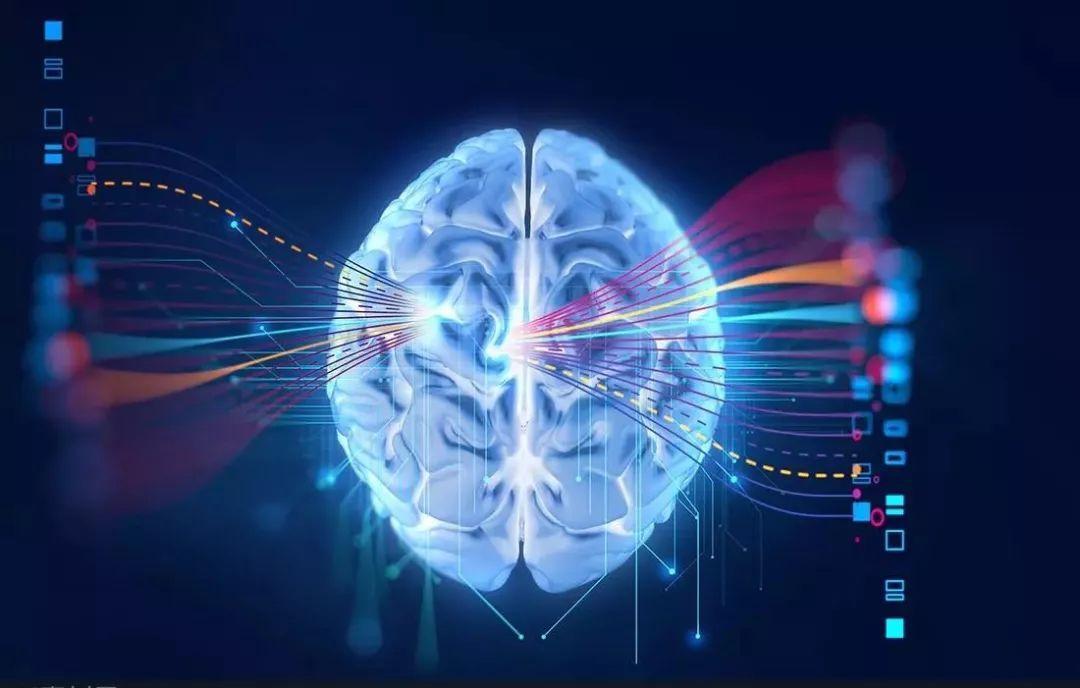The traditional material R & D mode mainly relies on "trial and error" experimental scheme or accidental discovery, with its R&D process being as long as 10-20 years. To a large extent, it has been unable to meet the needs of industrial development for new materials in the 21st century. With the gradual maturity of information technology, it is possible for human beings to discover new materials through computing systems or artificial intelligence. The combination of artificial intelligence and materials science is promising, but there are still challenges.
On August 30, 2020, the fifth issue of "Ai + Materials Science" of the future Forum Asia webinar invited scholars of materials computing, material characterization and materials genomics to share how to use artificial intelligence to accelerate the understanding of material structure and properties around the theme of "artificial intelligence to speed up the discovery of new materials", and communicate with representatives of traditional materials research academia and industry to discuss the value and effectiveness of AI in materials science research.
Moderator
Hua ZHOU, staff physicist at the Advanced Photon Source (APS) in Argonne National Laboratory, Member of Future Forum YOSIA
Keynote Speech
-Hong WANG, Director of materials genomics joint research center of Shanghai Jiaotong University, Chair Professor of "Zhiyuan", Chairman of material genetic engineering field committee of CSTM
-Yijin LIU, Lead Scientist, Stanford Synchrotron Radiation Source, SLAC National Accelerator Laboratory, USA
-Jiamian HU, Assistant Professor, Department of materials science and engineering, University of Wisconsin Madison, USA
-Miao LIU, Distinguished Researcher, Doctoral Supervisor, Founder of atomly.net, Institute of physics, Chinese Academy of Sciences
Participants
Wanjian YIN, Professor, Doctoral Supervisor, Institute of Energy and Materials Innovation, Soochow University







